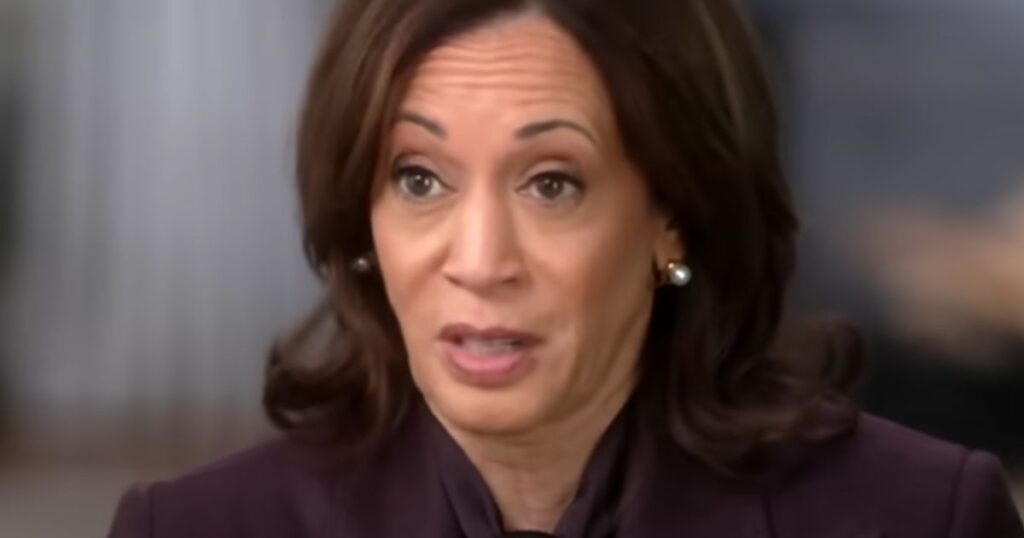The performance assessment of Kamala Harris, as reported by the Daily Mail, paints a critical picture of her leadership and skills during her early career as a lawyer in San Francisco. The review rated Harris poorly on key metrics, scoring her a meager ‘2’ out of five for being “thorough, helpful, and proactive.” Additionally, she received a slightly better but still underwhelming ‘3’ for demonstrating good judgment. This evaluation was conducted during her time as a civil lawyer in the Department of Human Services, where her performance was noted to vary significantly from other attorneys in the unit. Such inconsistencies highlighted a lack of effective communication and leadership within Harris’s workplace.
At the time of the review in 2002, Harris had transitioned from the San Francisco District Attorney’s office to a deputy attorney position in the Child Services Unit. This move came after she allegedly orchestrated a poorly executed coup to replace then-District Attorney Darrell Salomon. While the assessment acknowledged that Harris received positive marks for the quality of her work and advice, it emphasized her lack of responsiveness, particularly regarding her failure to promptly return calls and emails. This lapse in communication is telling of her work ethic during that period and calls into question her commitment to her new role while simultaneously plotting her next career move.
The evaluation indicated that despite achieving a district attorney position in 2003, Harris’s tenure was marked by significant challenges. Her term was characterized by a decline in conviction rates and a notable scandal involving the crime lab, resulting in over a thousand cases being dismissed. The Daily Mail’s report suggested that Harris’s poor ratings and leadership style were indicative of a broader issue, implying that her rise to power was not matched by effective governance or accountability.
Following her review, Harris was appointed to two lucrative part-time state board positions, which coincided with her personal relationship with then-Speaker of the Assembly Willie Brown. Critics noted that she often missed meetings despite holding these prominent positions, raising concerns about her dedication and reliability. These appointments, viewed through the lens of her romantic involvement with a powerful political figure, could suggest that her career advancements were propelled more by personal connections than by merit-based accomplishments.
The report portrays Harris’s professional journey as marked by missed opportunities for leadership and accountability, especially during pivotal moments in her career. The juxtaposition of her initial struggles with self-management and her eventual ascent in the political arena resonates with questions about her overall effectiveness and vision as a leader. It implies that her ability to navigate the political landscape has outpaced her ability to deliver substantive results in her various roles.
In summary, the evaluation of Kamala Harris reveals a complex interplay of ambition, poor performance, and notable connections in her early legal career. The findings from her performance review reflect concerns about her leadership capabilities and professional conduct, painting a picture of someone who has, at times, stumbled in fulfilling her responsibilities. This narrative raises critical questions about her qualifications for higher office, particularly in light of the expectations placed upon those vying for leadership roles in public service.

